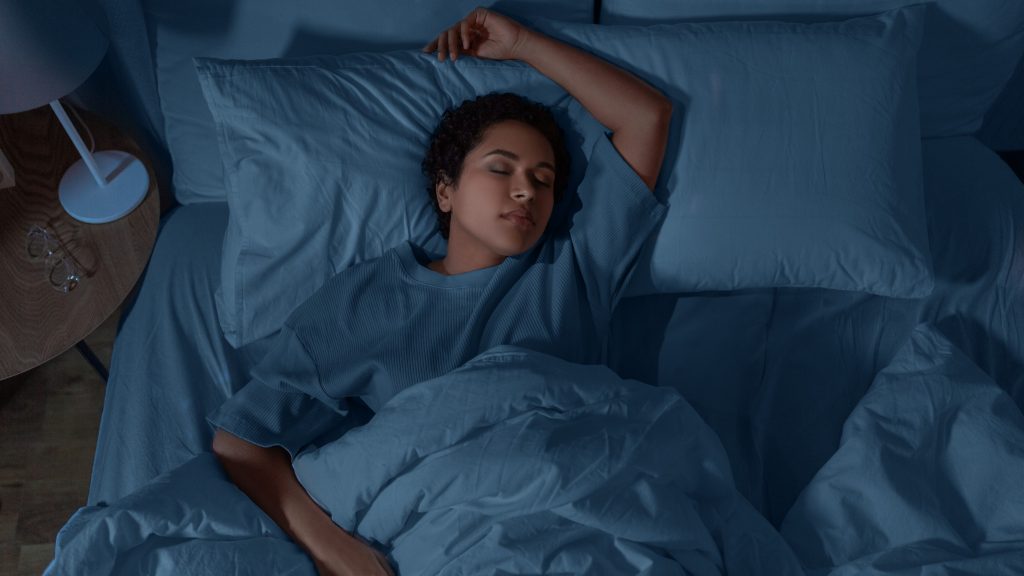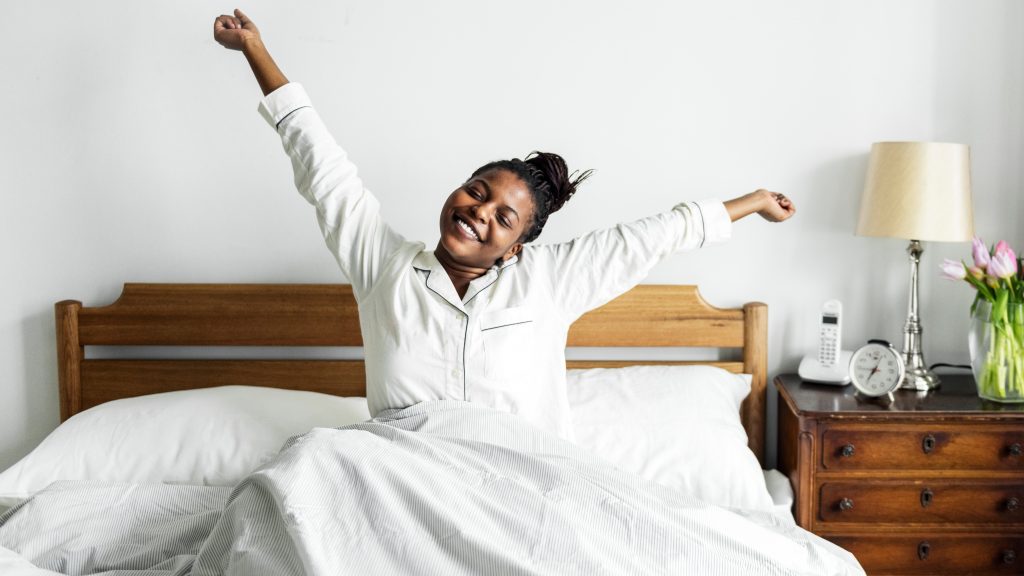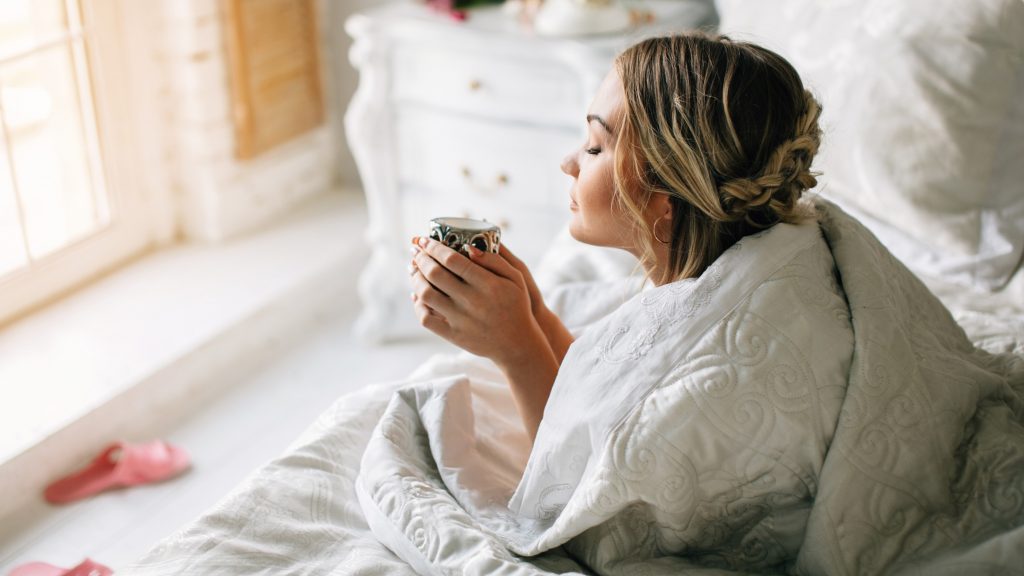Improve Your Sleep Experience
The worst part about dealing with sleep apnea is knowing how difficult it can be to get a peaceful night’s rest. It can take hours of tossing and turning until you’re asleep, only to wake up the next morning feeling groggy and fatigued. The good news is that professional treatment and practicing simple lifestyle changes can immediately improve your quality of sleep. Here are five simple tips from our Wake Forest, NC, sleep specialist, Dr. Craig Winkelmann for developing consistent sleep habits while dealing with this sleep disorder.
1. Have a Consistent Sleep Schedule
Our bodies thrive the most when following a routine. Maintaining a consistent sleep schedule can regulate your sleep-wake cycle even if you have sleep apnea. You’ll start to wake up feeling more energized and notice that you’re more productive during the day. Practicing a sleep routine can dramatically improve various symptoms associated with depression and anxiety.


2. Establish a Sleep-Friendly Environment
Creating your own sleep-friendly environment can go a long way when it comes to quality sleep. This can include anything from investing in a comfortable mattress to making sure your room is cool and quiet. Try to stay out of your room throughout the day and only go in when you’re ready for bed to condition your mind and body to know when it’s time to sleep.
3. Practice a Bedtime Routine
Falling asleep isn’t as easy as jumping into bed for some people. Sometimes having a relaxing bedtime routine can do wonders for your sleep even if you have sleep apnea. Try taking a warm calming shower or drinking a hot cup of tea to relax while curling up with a good book. Just because your day can be hectic doesn’t mean your night has to be.


4. Avoid Caffeine 12 Hours Before Bed
Consuming any form of caffeine before bedtime can make it hard for you to go to sleep. This stimulant can help give you a wake-up call in the morning, but having caffeine at night can keep you awake even before the rooster crows. The acidity present in caffeinated beverages can also irritate your throat and sleep apnea symptoms if consumed close to your bedtime.
5. Get Plenty of Sunlight During the Day
A good night’s sleep actually starts during the day. Getting plenty of natural sunlight can regulate your sleep-wake cycle and provide various benefits like boosting your mood. Additionally, going outside is also compatible with a healthy and active lifestyle — habits that can improve your sleep apnea symptoms and give you peaceful, quality sleep.

Small Changes Can Have Big Results for Your Sleep
Incorporating small changes into your routine can have meaningful benefits for your sleep apnea symptoms. At The CPAP Alternative, Dr. Craig Winkelmann can offer practical tips that can help improve your sleep quality as well as offer professional oral appliance therapy. Call our Wake Forest, NC practice at (984) 237-1013 or fill out our contact form. We also welcome patients living in Riverstone, Staffordshire, and Brooke Hollow, NC.
